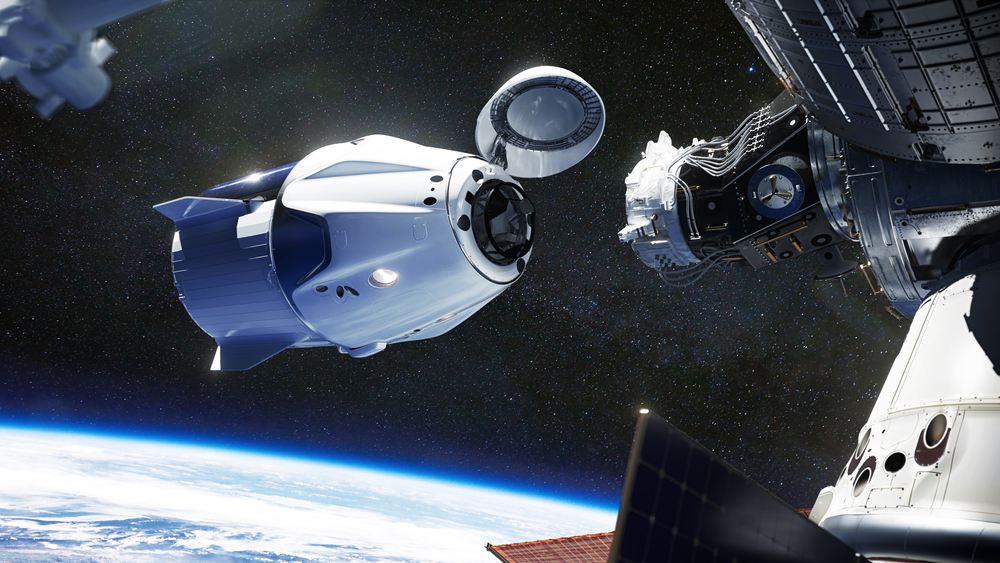SpaceX's Crew-1 astronauts break 47-year US space record
They have spent more time in space than the crew of any other mission launched from U.S. soil.

Four astronauts living aboard the International Space Station (ISS) have broken a 47-year-old record after spending the longest time in space by a crew launched from U.S. soil.
The astronauts, collectively known as Crew-1 — Michael Hopkins, Shannon Walker and Victor Glover of NASA and Soichi Noguchi of the Japanese Space Agency (JAXA) — were also the first full mission crew to be transported into orbit by a private company. (A smaller demonstration mission to the ISS, crewed by just two astronauts who stayed in space for a short while, preceded Crew-1 by several months.) Crew-1 arrived aboard a SpaceX Crew Dragon capsule launched into orbit by a SpaceX Falcon 9 rocket, from the Kennedy Space Center in Florida on Nov. 15, Live Science sister site Space.com previously reported.
On Sunday (Feb. 7), the Crew-1 astronauts took their place in the history books after spending their 85th day aboard the ISS, according to NASA.
The previous record of 84 days was set in 1974 by the Skylab 4 crew, the final mission aboard NASA's first space station Skylab. Since then, other duration record-breaking astronauts have all been part of missions launched from other countries. SpaceX's Crew-1 is the first manned mission to launch from the U.S. since the space shuttle was retired in 2011, according to NASA.
Related: Why do rockets launch from Florida?
NASA took to Twitter to celebrate the achievement, which happened to coincide with Super Bowl LV in Tampa, Florida.
Rise n' shine, it’s game time! Your space-based #SuperBowlSunday highlights: 🏆 @SpaceX Crew-1 @NASA_Astronauts break U.S. space record🚀 ~45 min after kickoff, the @Space_Station flies over #SBLV city of Tampa, FL Check the details: https://t.co/5zqMM5imGV pic.twitter.com/oE1yMtO9XrFebruary 7, 2021
The Crew-1 astronauts will almost certainly extend their record as they complete their six-month stay on the ISS. The next crewed SpaceX mission is expected to launch in April when Crew-2 heads into orbit to replace their predecessors, according to Space.com.
Sign up for the Live Science daily newsletter now
Get the world’s most fascinating discoveries delivered straight to your inbox.
Originally published on Live Science.

Harry is a U.K.-based senior staff writer at Live Science. He studied marine biology at the University of Exeter before training to become a journalist. He covers a wide range of topics including space exploration, planetary science, space weather, climate change, animal behavior and paleontology. His recent work on the solar maximum won "best space submission" at the 2024 Aerospace Media Awards and was shortlisted in the "top scoop" category at the NCTJ Awards for Excellence in 2023. He also writes Live Science's weekly Earth from space series.









